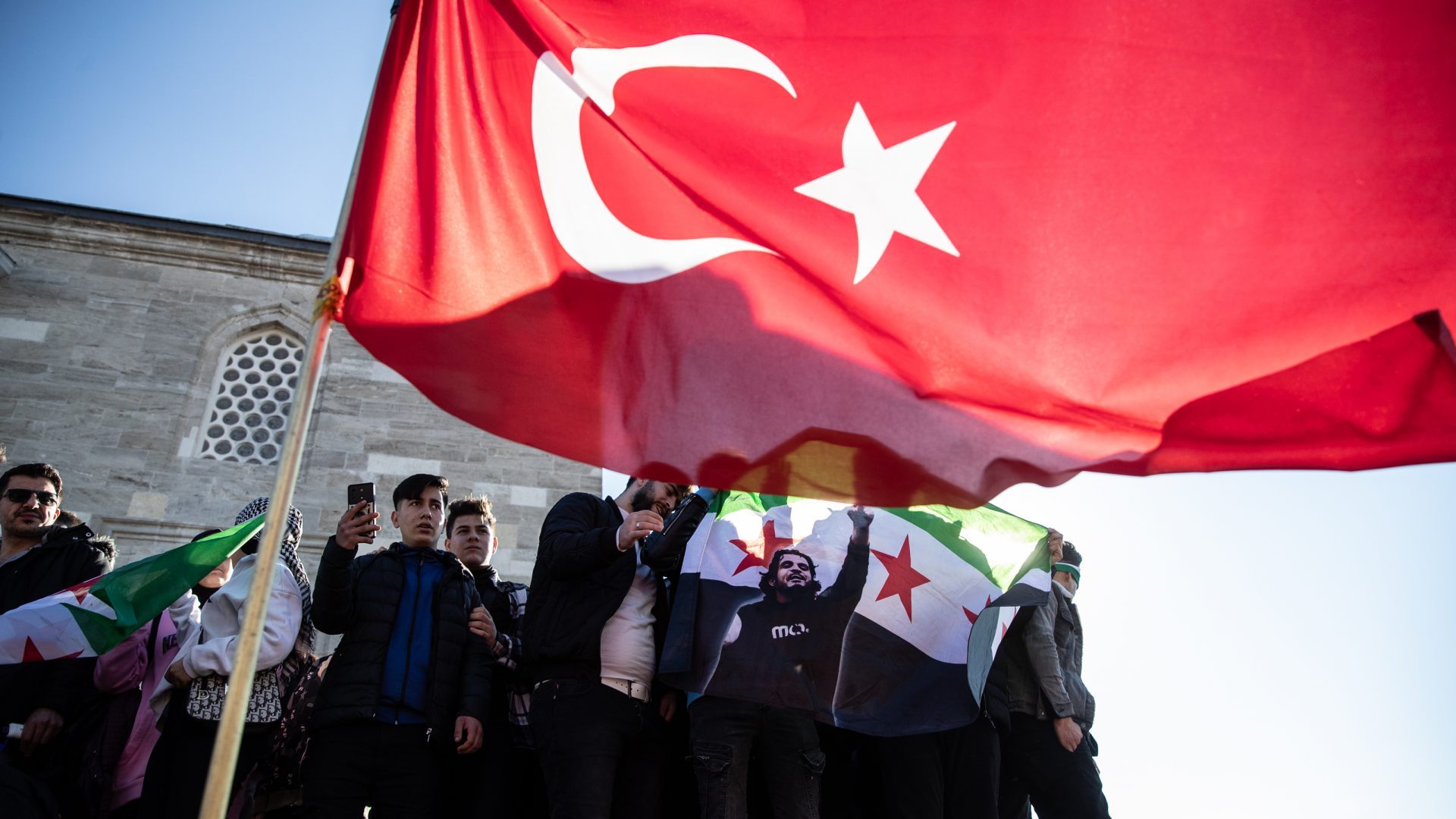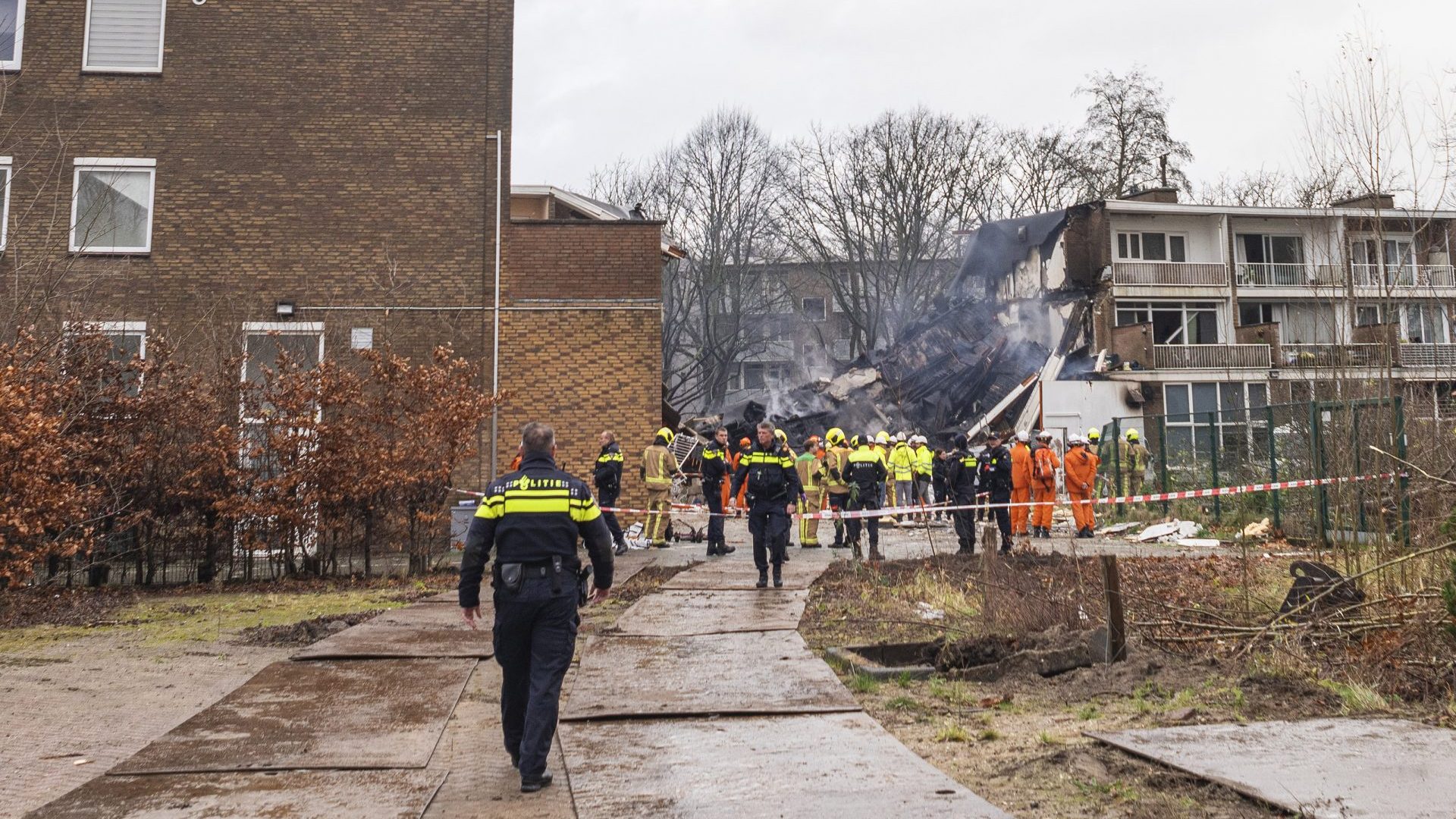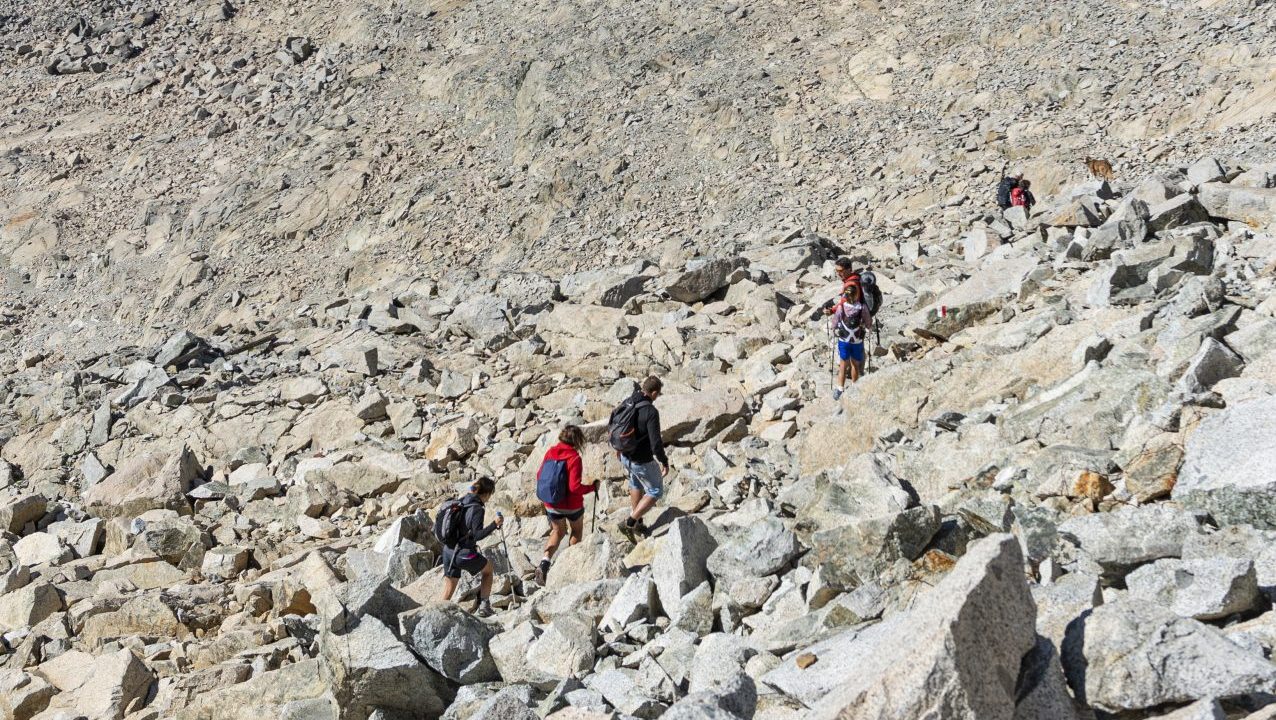After 13 years of civil war, the Assad family’s 61-year rule of Syria came to an end. Bashar al-Assad had ruled Syria with an iron fist since 2000, when he inherited the presidency from his father, Hafez. When Islamist Hayat Tahrir al-Sham (HTS) and the Turkish-backed Syrian National Army (SNA) eventually entered the capital, Damascus, Assad fled to Moscow.
His fall came as a shock. Thousands of Syrians living in exile celebrated, including in Turkey, which hosts more than 3.5 million Syrian refugees.
Many Syrians in Turkey live in border cities such as Gaziantep, Hatay, and Şanlıurfa. Istanbul is home to more than 500,000 Syrians and when news of Assad’s fall broke, thousands gathered around the historic Fatih Mosque to celebrate. They shouted slogans, danced, and waved the three-starred Syrian opposition flag, the Turkish flag, and the Syrian Turkmen flag.
The years of hardship had suddenly given way to a surge of hope and optimism. People explained that they had fled the country because of Assad’s oppressive regime and the devastation of the civil war. Every Syrian I spoke to wanted to return home as soon as possible, now that the man they hold responsible for their country’s problems has gone.
“We have been waiting for this moment for 13 years. I am feeling freedom for the first time in years; I feel relief!” said one man from Aleppo.
Many young Syrians celebrating in Saraçhane Park arrived in Turkey as small children. “I don’t remember Syria, but I can’t wait to try the food I’ve been hearing about,” said Latifa, who came to Turkey when she was two years old and is now a high school student. She speaks Turkish without an accent, showing how deeply integrated she has become in her new home.
Many say they plan to be reunited with relatives in Syria. The civil war tore families apart – people told me how they longed to visit the graves of family members killed in the war.
Several European countries, including Germany, Belgium, Austria and Switzerland, have suspended asylum applications for Syrians following the collapse of its regime. According to Turkey’s interior ministry, an average of 1,100 Syrians every day are now returning voluntarily, up from around 200-300 people previously.
The presence of Syrian refugees in Turkey has been a topic of debate for years. There have been instances of social tension and xenophobia, with some Turkish politicians framing refugees as a burden or a security threat, and blaming them for problems including rising rents and overcrowded cities.
Three years ago, the first explicitly anti-immigrant party was formed: the “Victory Party”, led by Ümit Özdağ. He exploits both anti-refugee and anti-Arab sentiments, calling for refugees to be “catapulted across the Turkish-Syrian border”.
Some of the Syrians I met had mixed feelings about their time in Turkey.
“Of course, it was hard; we endured some racism, but I am still grateful for everything Turkey provided,” said one young woman.
While many Syrians celebrate the fall of Assad, Syria remains far from stable. Different parts of the country are now controlled by various rebel groups with differing ideologies, and it remains uncertain how these groups will come together to govern.
The civil war has caused widespread destruction. Iconic cities such as Aleppo, Homs and Raqqa have been devastated. Syrians celebrating in Istanbul were hopeful; while they don’t know what kind of Syria awaits them, they all agree that the country can be rebuilt.
The Syrians I spoke to all posed variations of the same question: if they don’t return home to rebuild their broken country, who will?
Volkan Isbasaran is a freelance journalist and political analyst based in Istanbul



